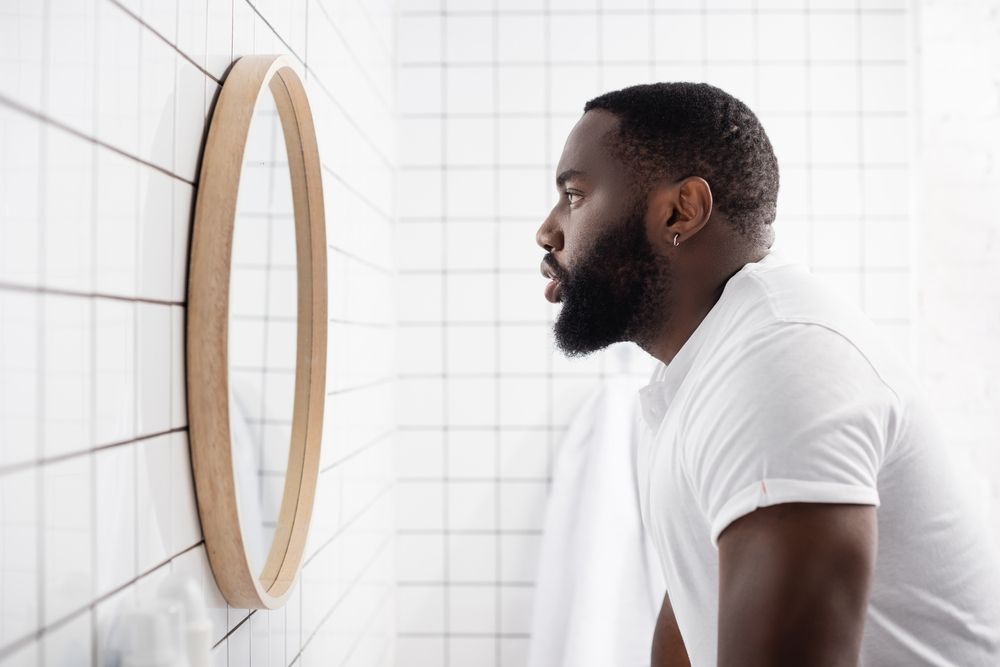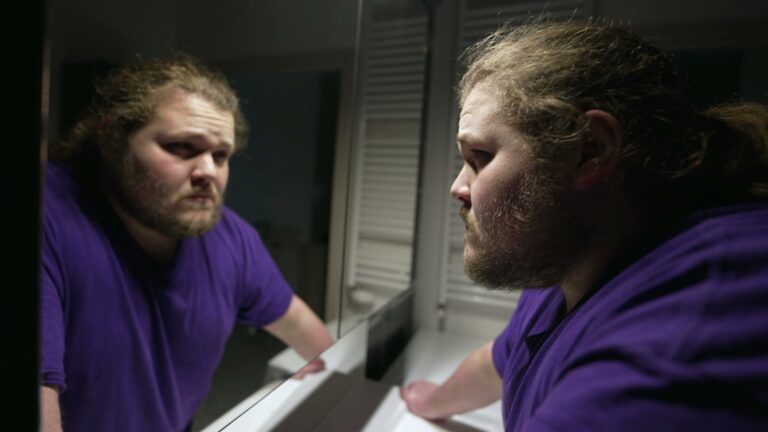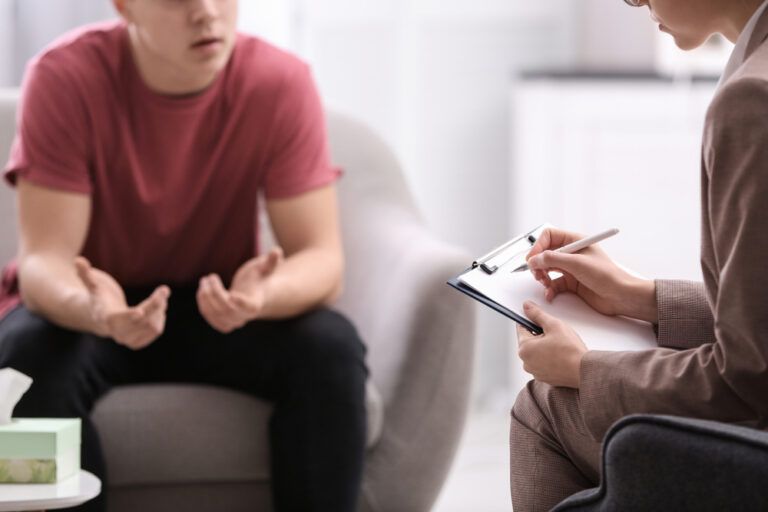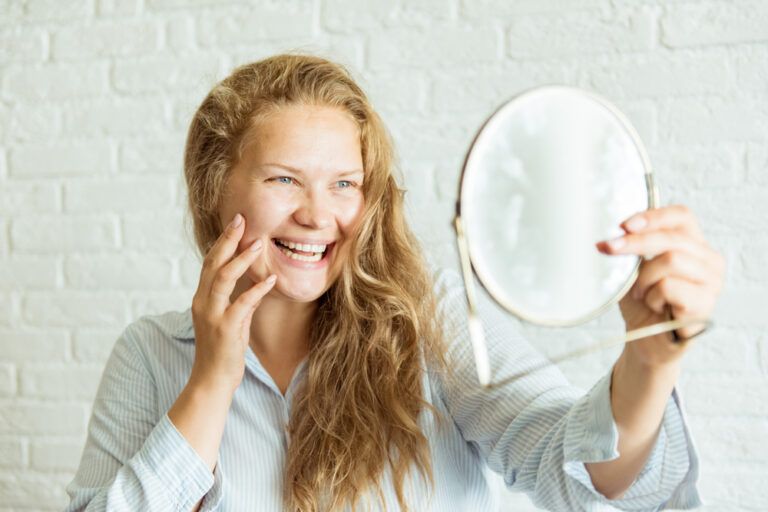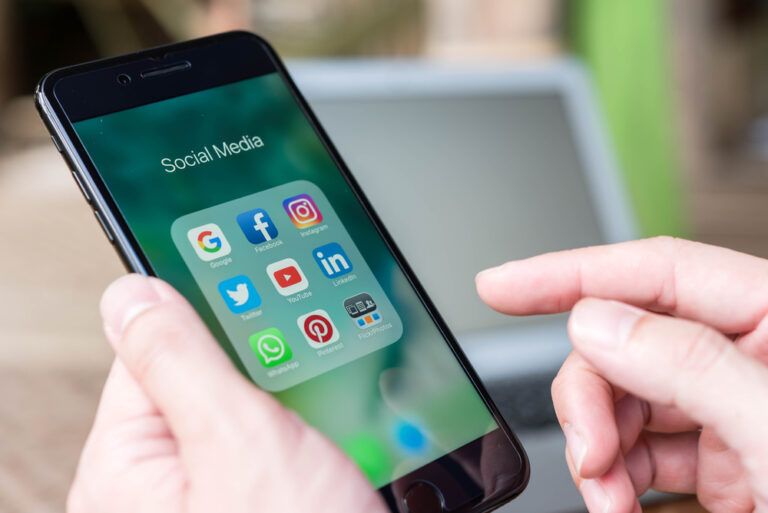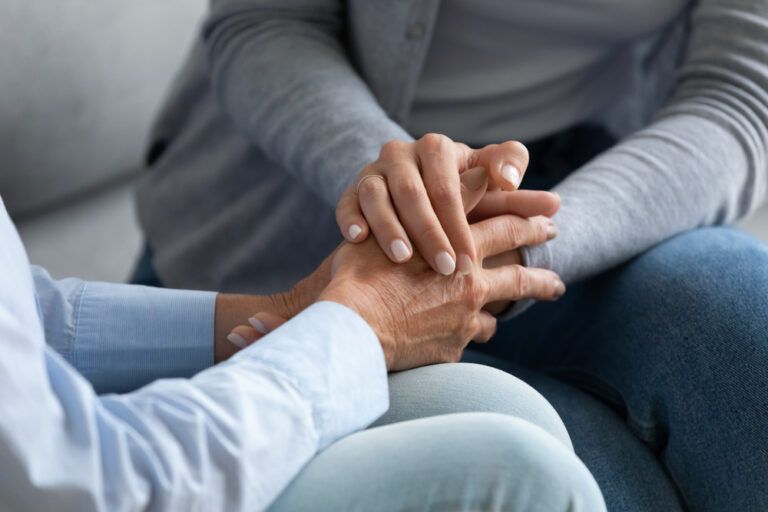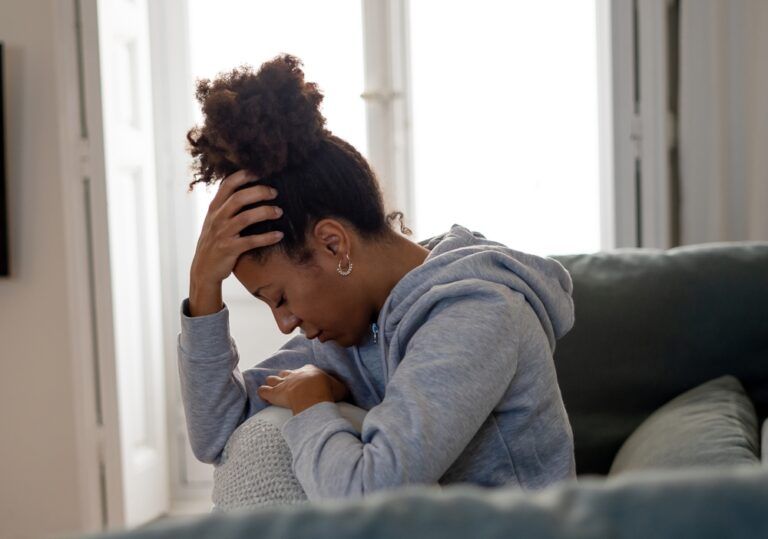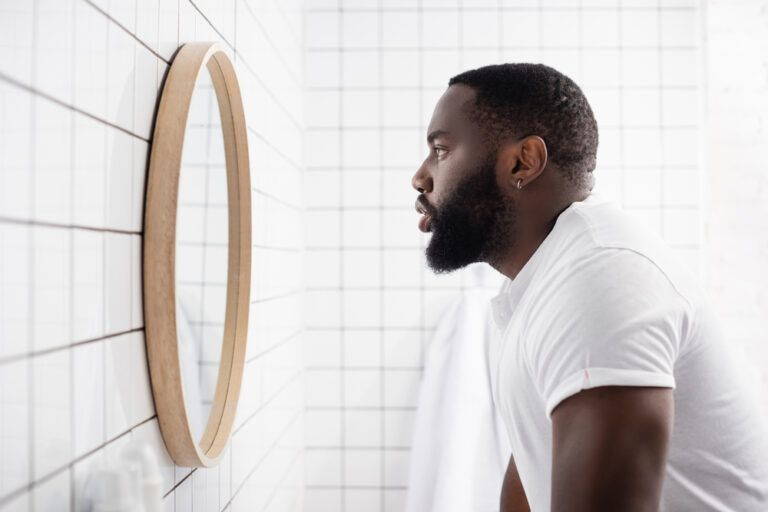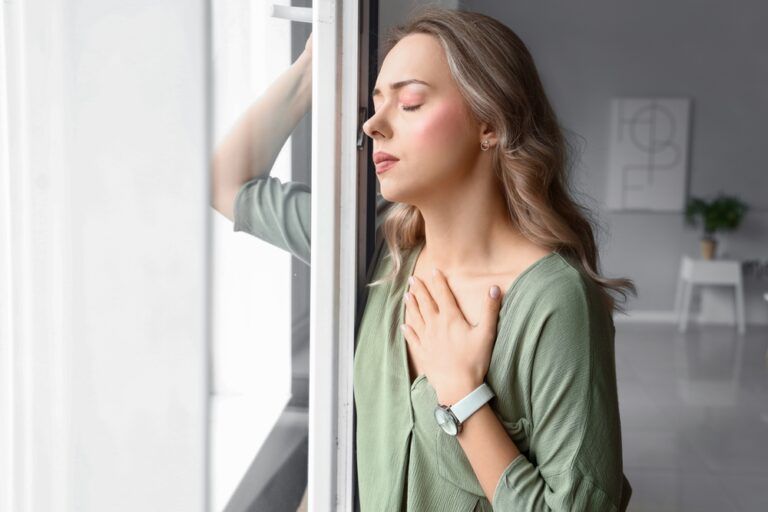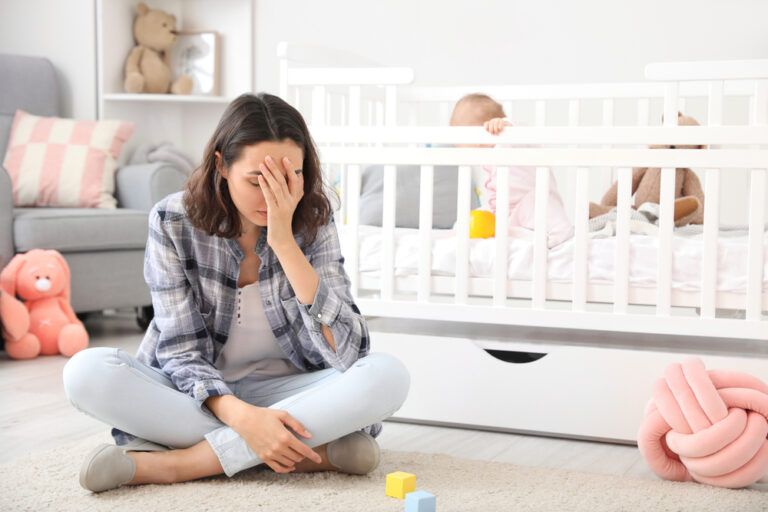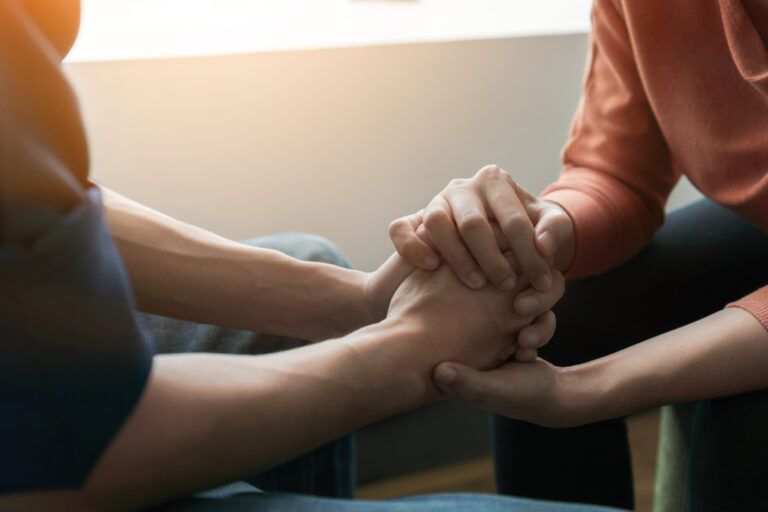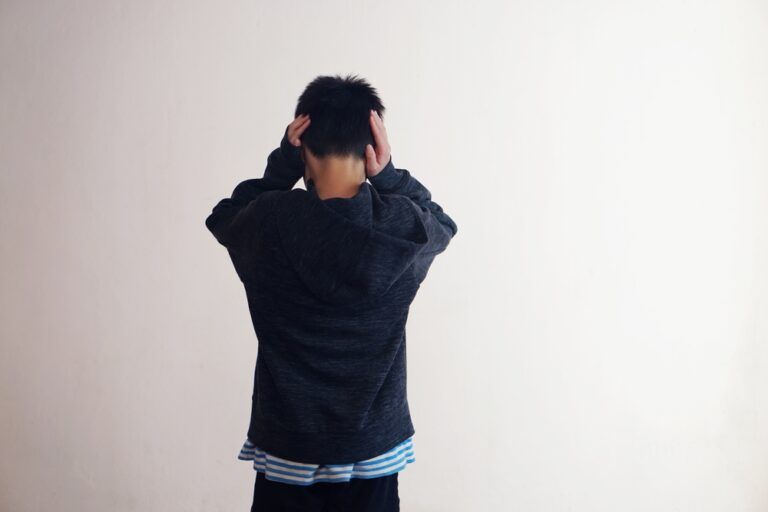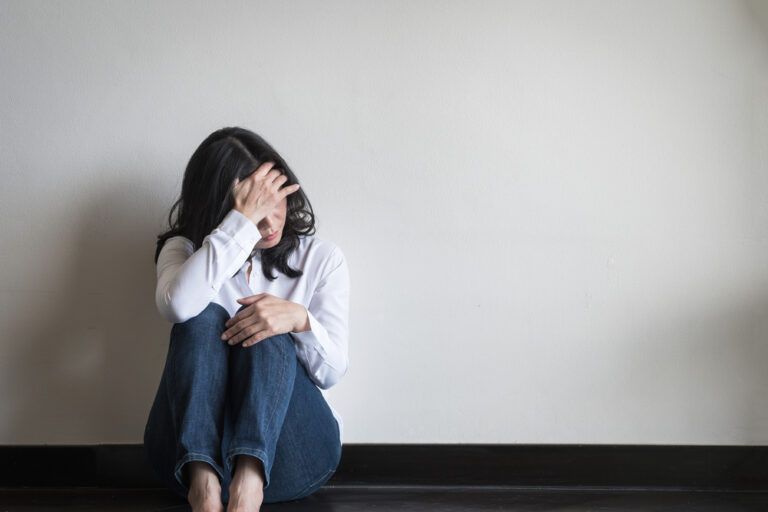In today’s image-centric era, where snapshots of ‘perfect’ lives are continually paraded across our screens, the relationship between body image and mental health has never been more pronounced. The reflection in the mirror, influenced by societal standards, peer opinions, and media portrayals, often becomes a significant determinant of self-worth and emotional well-being. Let’s venture into the intricate link between how we perceive our bodies and the ripple effects it has on our mental landscape.
The Complexity of Body Image
Body image isn’t merely about how one looks; it’s intricately tied to the emotional and psychological interpretation of one’s appearance. It encompasses:
- Perception: How you view your body, which might not align with its actual shape or size.
- Feelings: The emotions elicited by your body’s perception, which can span from pride to disgust.
- Behaviors: Actions driven by body perceptions, like dieting, exercising, or seeking cosmetic enhancements.
Body Image and Mental Health: A Two-Way Street
Navigating the realm of body image and its effects on mental well-being is akin to traversing a two-way street, where one aspect can influence and be influenced by the other:
From Body Dissatisfaction to Mental Distress: The body and mind are intrinsically linked, and how we perceive our physical selves often casts a significant impact on our mental state. Chronic dissatisfaction, stemming from not aligning with societal beauty norms or personal ideals, can brew a storm of negative emotions. Feelings of inadequacy and low self-worth can snowball, manifesting as clinical mental health conditions:
- Anxiety: Worrying about how others perceive you, or over-analyzing one’s appearance in social situations.
- Depression: Chronic negative body perception can lead to feelings of hopelessness and persistent sadness.
- Eating Disorders: Extreme behaviors, be it restrictive eating or overeating, as a response to body dissatisfaction.
From Mental Challenges to Body Image Issues: The reverse is equally true. Those already facing mental health challenges might find their perceptions of their bodies skewed as a result:
- Depression and Body Loathing: A general sense of worthlessness in depression might translate to intensified body dissatisfaction.
- Anxiety and Hyper-awareness: Individuals with anxiety might become hyper-aware of perceived physical ‘flaws’.
- OCD and Perfectionism: A desire for a ‘perfect’ body can become an obsessive goal, leading to distorted body perceptions.
Societal Pressures and Their Toll
The modern world, with its filters, influencers, and unrelenting beauty standards, often amplifies body image concerns:
Unrealistic Ideals: Every magazine cover, advertisement, and even casual scrolls on Instagram present a cascade of ‘perfect’ bodies. Airbrushed images, hourglass figures, chiseled abs, and flawless skin have become the gold standard. These unrealistic portrayals often leave individuals feeling inadequate, always striving for an unattainable ideal.
The Cycle of Comparison: Social media is a double-edged sword. While it offers connectivity, it also presents a relentless theater of curated lives. Every post becomes a yardstick against which individuals measure their lives and bodies. This constant comparison, often with peers’ highlight reels, fosters feelings of not being ‘good enough’.
Commercial Exploitation: Industries capitalize on the prevalent insecurities. Be it the beauty industry pushing the latest ‘skin-perfecting’ product, the fitness sector promoting extreme routines for the ‘ideal’ physique, or the fashion world defining what body types should wear what. This commercial pressure often amplifies existing insecurities, pushing individuals towards potentially harmful products or practices in the pursuit of the ‘perfect’ body.
Fostering a Positive Body Image
While the connection between body image and mental health is undeniable, there are proactive steps one can take to nurture a positive self-view:
- Mindful Consumption: Be selective about what you consume, whether it’s on TV, social media, or magazines. Surround yourself with positive, diverse representations of beauty.
- Affirmations: Daily positive affirmations can reshape perceptions over time. Celebrate your body for its strengths and marvels.
- Seek Support: Engaging in therapy can help untangle negative perceptions and build a resilient, positive body image.
Taking the First Step Towards Healing
Our bodies are unique, ever-evolving vessels of our essence. It’s time we cherish them for what they are, rather than lamenting what they’re not. At the Annapolis Counseling Center, we believe in the profound beauty that resides within every individual. If the shadows of body image concerns are clouding your mental well-being, let us be your guiding light. Reach out today, and together, let’s journey towards self-love, acceptance, and holistic mental health.
Sources
- Body Image in a Digital Age – Perception Paradigm Journal.
- Embracing the Self: Modern Body Positivity – Wellness Wisdom Review.
- Mind over Mirror: The Mental Health Connection – Holistic Healing Digest.

